Hey there! If you're navigating the tricky waters of tenant lease agreements, you know how essential it is to address any violations promptly and effectively. Crafting a well-structured lease violation notice can help ensure a clear understanding between landlords and tenants, which fosters a respectful living environment. In this article, we'll explore a sample template that takes the guesswork out of writing such a notice, making the process smoother for everyone involved. So, let's dive in and discover how to communicate these important messages with ease!
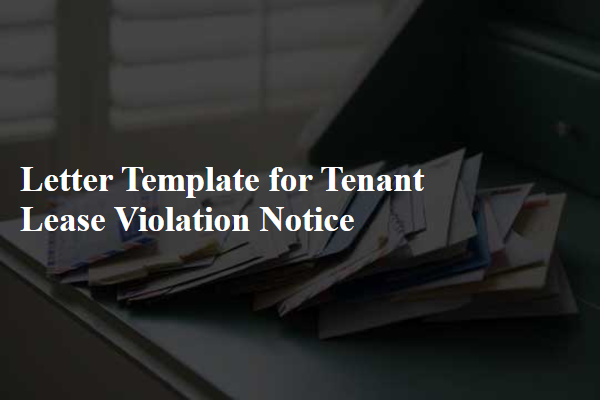
Formal Header and Contact Information
A tenant lease violation notice serves to inform tenants of breaches concerning their rental agreement, maintaining clarity and legality in property management communications. The document should prominently display the header with the property management or landlord's name, clearly stating the contact information including address, phone number, and email. The date of issuance must follow immediately to establish the timeline for the notice. Additionally, a formal greeting addressing the tenant by name enhances professionalism, reinforcing the importance of compliance with lease stipulations. Each detail contributes to a structured approach towards resolving violations effectively while ensuring tenants remain informed of their responsibilities under the lease terms.
Clear Statement of Violation
A tenant lease violation notice must clearly outline the specific infractions occurring within the rental unit, such as unauthorized pets or disruptive noise levels. For instance, a tenant living in a two-bedroom apartment at Maple Grove Apartments has repeatedly hosted loud late-night gatherings, resulting in noise complaints from adjacent neighbors. The lease agreement explicitly states maintenance of a peaceful environment and prohibits excessive noise after 10 PM. This breach not only disrupts the community's tranquility but also violates local noise ordinances, which can lead to potential fines. Additionally, failing to adhere to these rules can result in further actions as stipulated in the lease agreement.
Reference to Lease Agreement Terms
A tenant lease violation notice serves as a formal communication highlighting breaches in the lease agreement terms established between the landlord and the tenant. Common violations include late rent payments exceeding a grace period of five days, unauthorized pets when the lease specifically prohibits them, and alterations made to the rental property without prior written consent from the landlord, which is typically required. Additionally, engaging in illegal activities within the premises can result in immediate action, as it breaches local regulations and housing policies. Properties located in specific jurisdictions, such as New York or California, may have additional legal implications affecting the notice process. Timeliness in issuing this notice is crucial, as it impacts the potential for eviction proceedings.
Corrective Actions and Deadline
Notice of Lease Violation highlights important issues affecting tenant-landlord relationships. Specific actions, such as property damage or unauthorized occupants, require attention. The lease agreement stipulates compliance with community rules outlined by the landlord. The corrective actions may include repairing damages (ensuring compliance with safety standards), removing unauthorized occupants, or rectifying lease breaches. Deadlines emphasize urgency; typically, 30 days are allowed to address the violation. Failure to comply may lead to further legal actions, including eviction proceedings. Maintaining open communication between tenants (individuals living in rented apartments) and landlords (property owners) is crucial for resolving disputes amicably.
Consequences of Non-Compliance
Local lease agreements outline tenant responsibilities, highlighting potential consequences of non-compliance, such as eviction. Failure to adhere to regulations, including unauthorized pets or noise violations, can lead to legal repercussions. Specific timelines, often 10 to 30 days, may be provided for tenants to rectify issues before further actions are enforced. Additionally, local laws may allow property owners to recover associated costs, including legal fees, if eviction proceedings become necessary. Therefore, awareness of both lease terms and state regulations is crucial for preventing adverse outcomes.

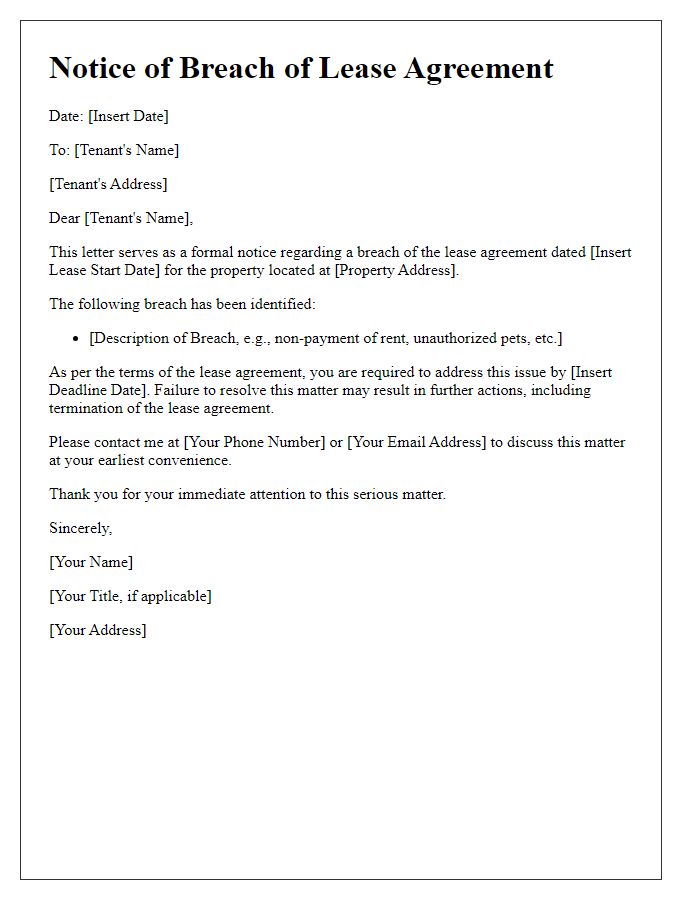
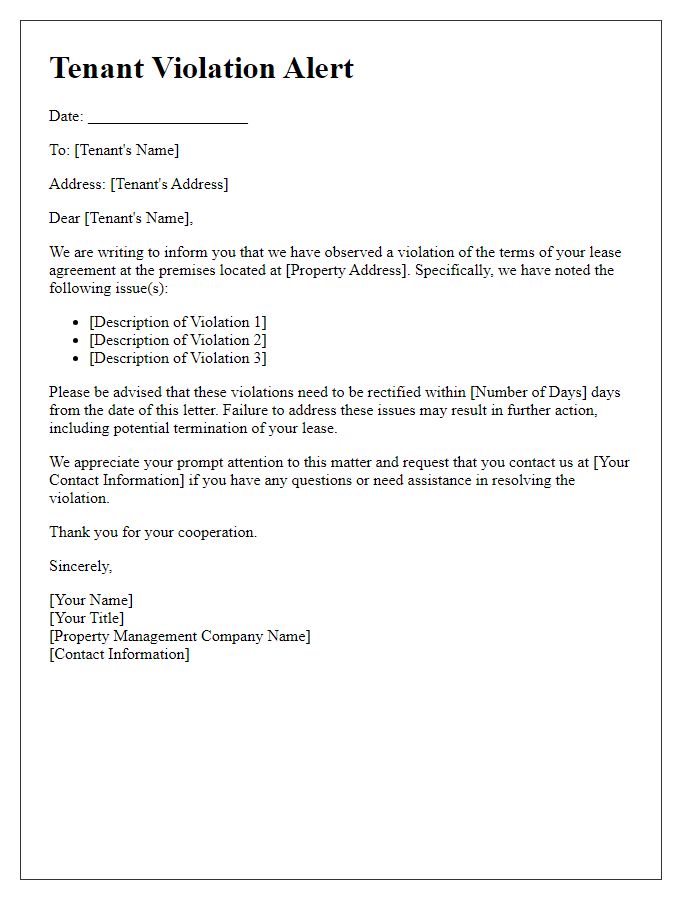
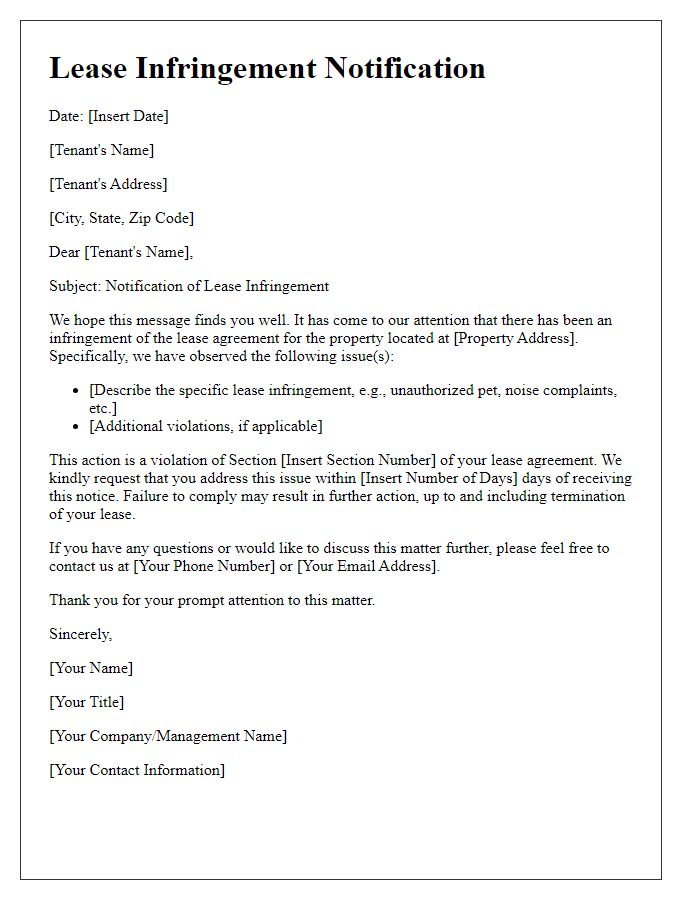
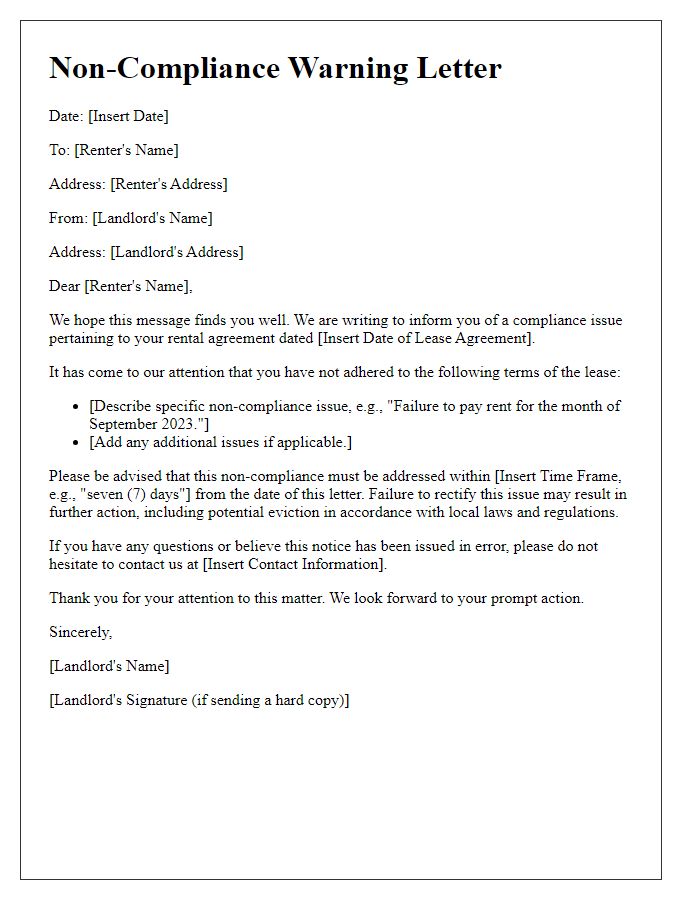
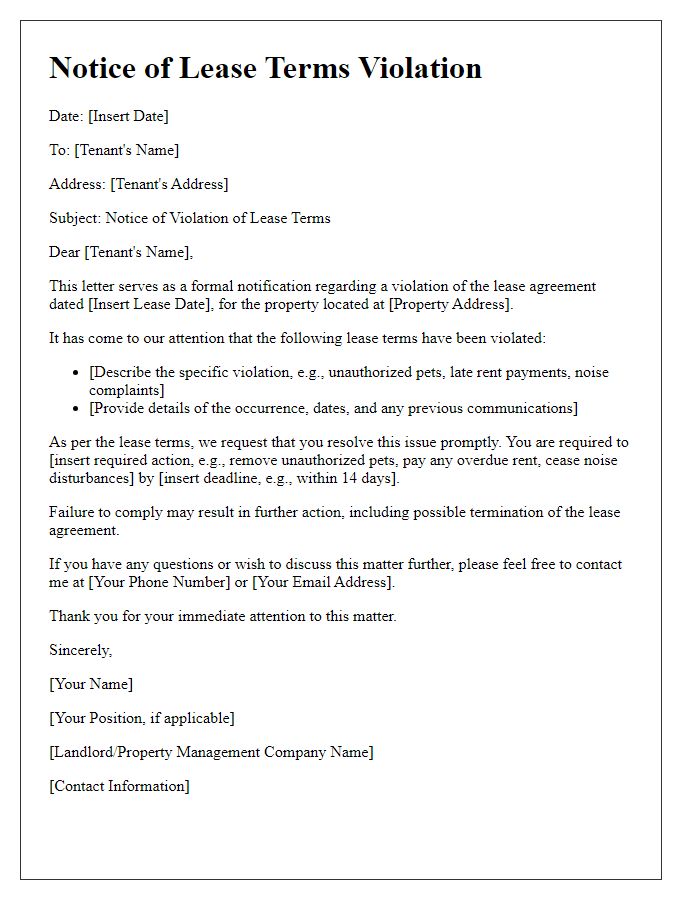
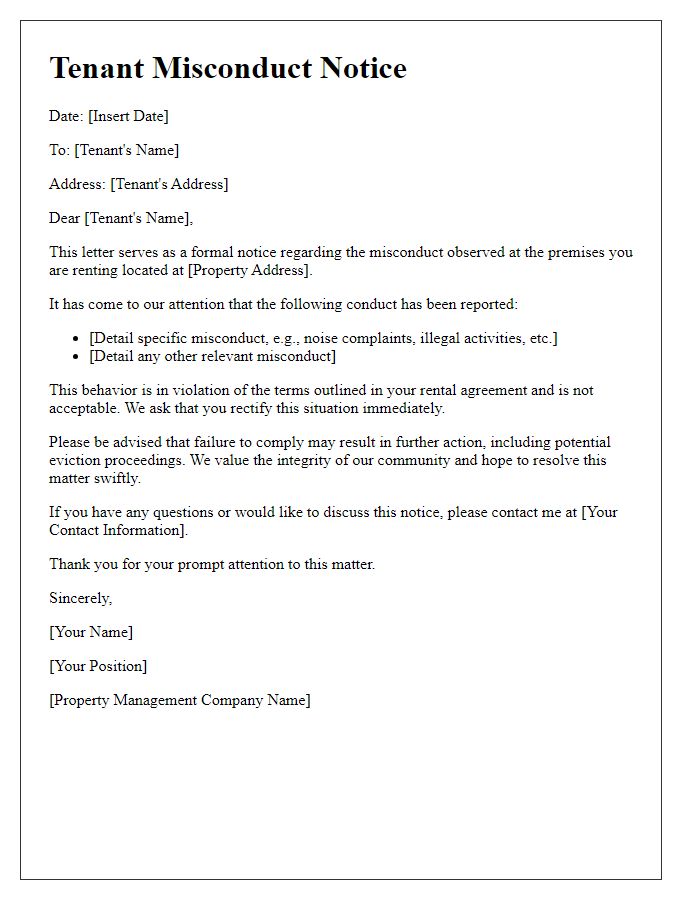
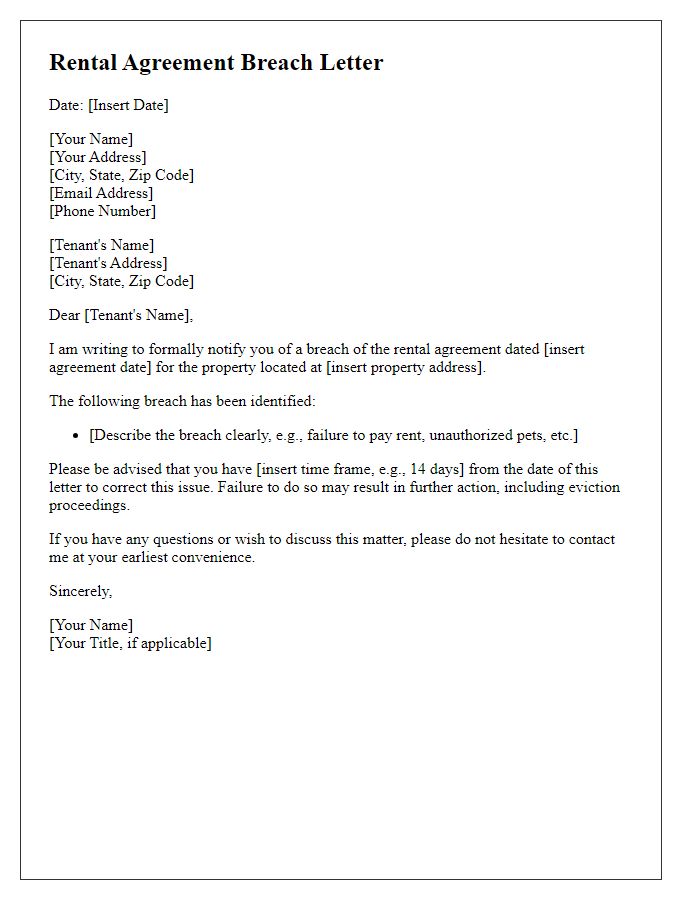
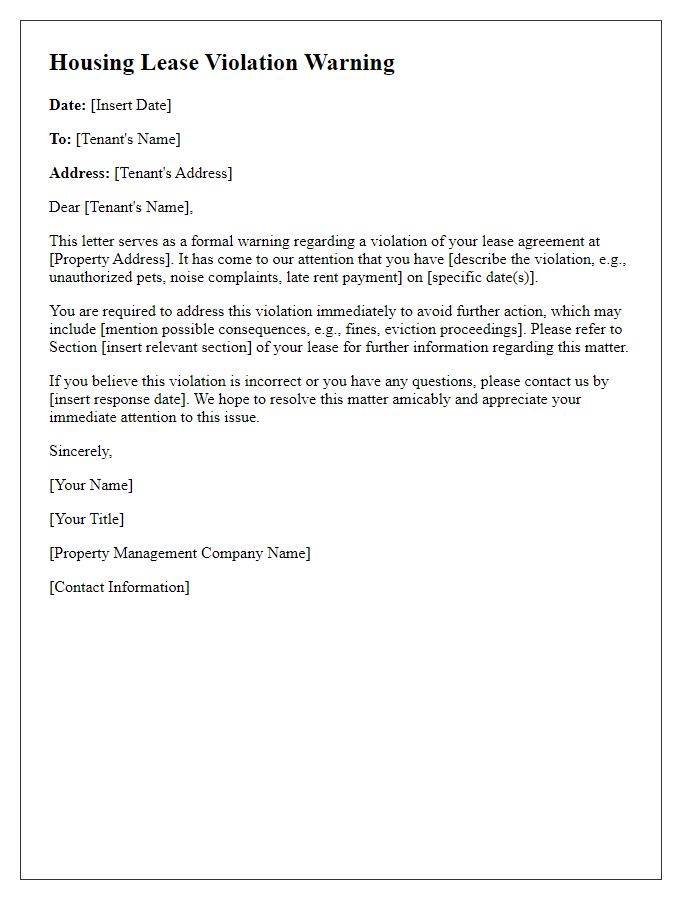
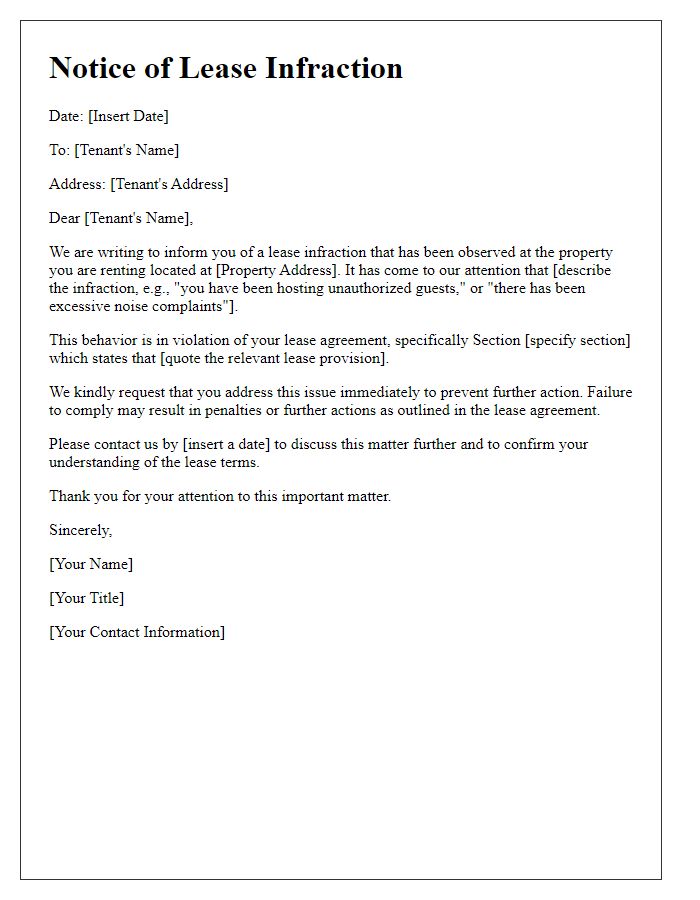
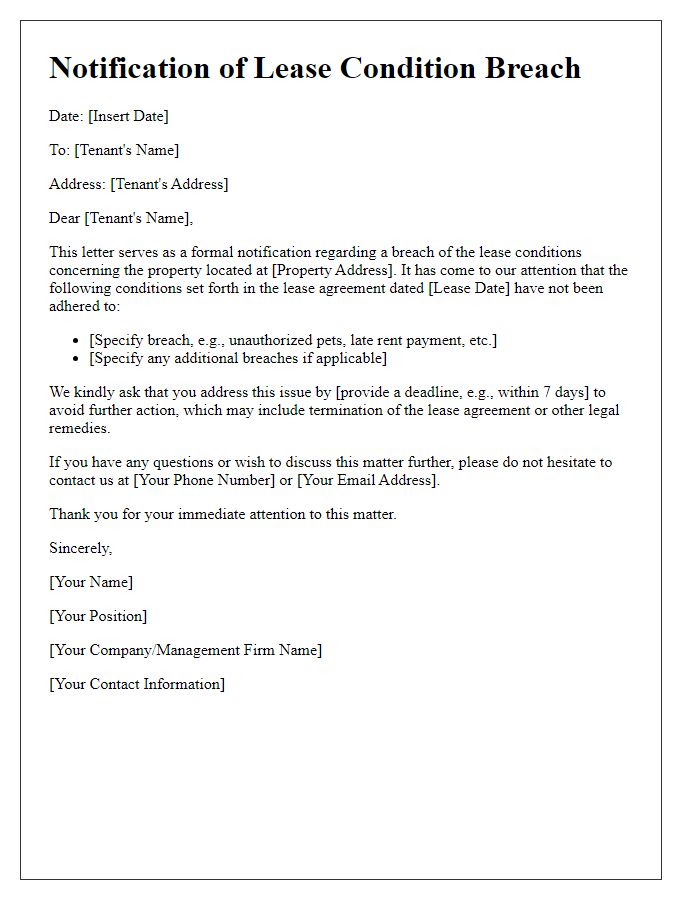

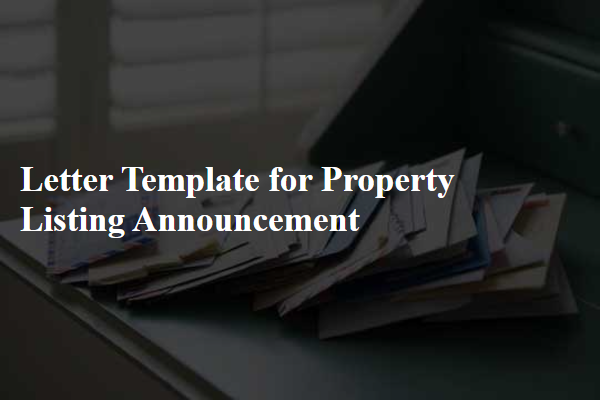
Comments